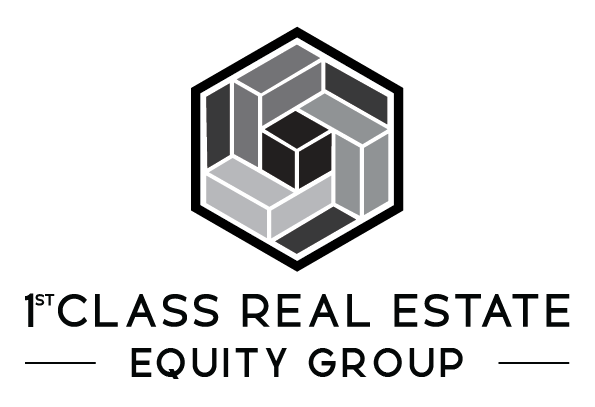Are you a new real estate investor eager to delve into the world of real estate investing but unsure how to conduct market research and analysis without being a licensed real estate agent? Market research and analysis are crucial components of successful real estate investing,helping investors identify lucrative investment opportunities, assess market trends, and make informed decisions. As we read this we’ll explore practical strategies and tools that new investors can use to conduct market research and analysis effectively, even without a real estate license.
1. Leverage Online Resources:
Overview: The internet is a treasure trove of valuable information for real estate investors, providing access to a wealth of data, market reports, and analytical tools
- Real Estate Websites: Explore real estate websites such as Zillow, Realtor.com, and Redfin to access listings, property data, sales history, and market trends for specific neighborhoods and regions.
- Market Reports:Many real estate research firms and organizations publish market reports and analyses for various markets, providing insights into supply and demand dynamics, median home prices, rental trends, and economic indicators
- Local Government Websites: Visit local government websites to access public records, zoning information, building permits, and demographic data for specific areas.
2. Network with Local Experts:
Overview: Building relationships with local real estate professionals, investors, and industry experts can provide valuable insights and firsthand knowledge of the market.
- Real Estate Agents: While you may not be a licensed real estate agent, you can still network with agents who specialize in your target market. Agents can provide valuable market insights, property data, and investment opportunities
- Real Estate Investment Groups: Join local real estate investment groups, meetups, or forums to connect with experienced investors, share knowledge, and learn from others’ experiences
- Industry Associations: Explore joining industry associations such as the National Association of Real Estate Investors (NAREI) or local real estate investor associations (REIAs) to network with fellow investors and access educational resources and events
3. Analyze Market Indicators:
Overview: Understanding key market indicators and economic trends can help investors assess the health and trajectory of a real estate market.
- Supply and Demand: Analyze supply and demand dynamics for housing in your target market, including inventory levels, days on market, and absorption rates.
- Price Trends: Track median home prices, price-to-rent ratios, and price appreciation trends over time to gauge market conditions and investment potential.
- Economic Factors: Consider economic indicators such as job growth, population growth, unemployment rates, and median household income, as these factors can influence housing demand and property values.
4. Conduct Comparative Market Analysis (CMA):
Overview: A comparative market analysis (CMA) involves comparing similar properties in the same market to determine a property’s value and assess its investment potential.
- Property Listings: Research recent sales of comparable properties in your target market to determine market value and pricing trends.
- Property Features: Consider factors such as property size, location, condition,amenities, and features when comparing properties to ensure accurate valuation.
- Adjustments: Make adjustments for differences between properties, such as square footage, lot size, number of bedrooms and bathrooms, upgrades, and renovations, to determine the fair market value of a property.







